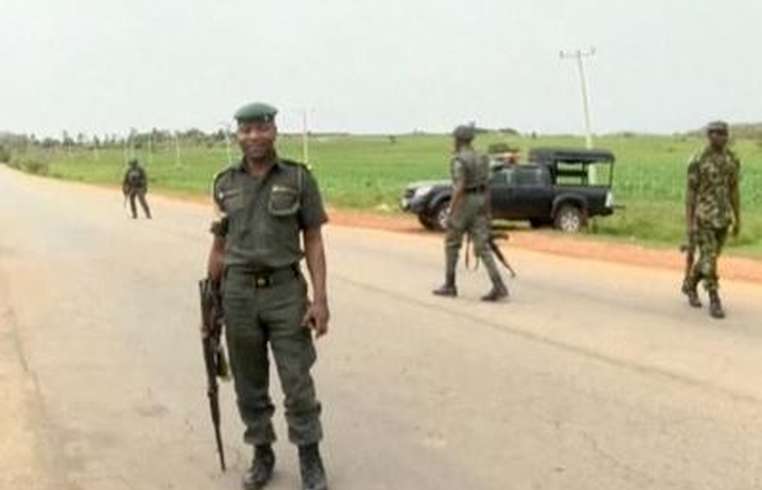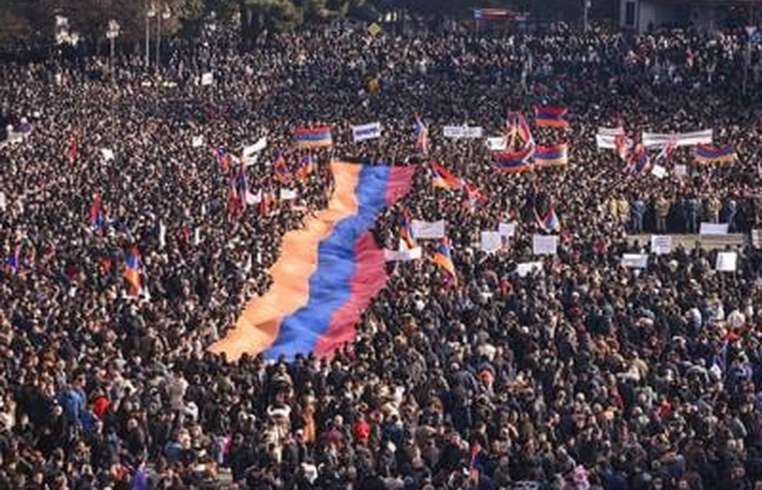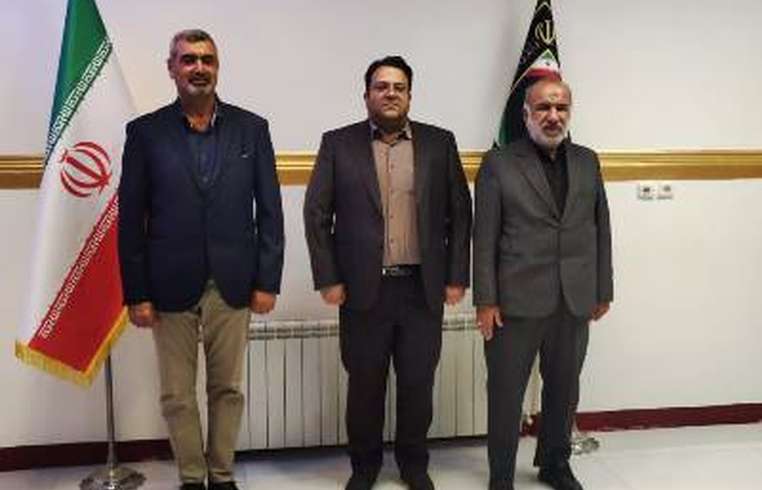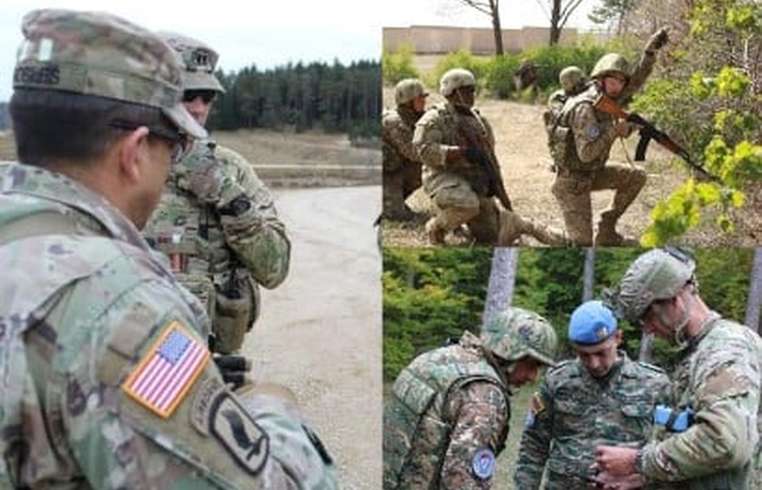
News - Nomadic herders slaughter in 15 villages, kill at least 140 people in Nigeria
Business Strategy
Nomadic herders slaughter in 15 villages, kill at least 140 people in Nigeria

Nigerian mother-of-three Grace Godwin was preparing food on Christmas Eve when her husband burst into the kitchen and ordered her and the children to run and take cover in the bush after gunmen were spotted in a nearby village, Reuters reported. Soon they heard gunfire, starting an hours-long attack by suspected nomadic herders who rampaged through 15 villages in central Plateau state on Sunday, killing at least 140 people with guns and machetes, officials, police, and residents said. It was the bloodiest violence since 2018 when more than 200 people were killed in Nigeria's central region where clashes between herders and farmers are common. It was not immediately clear what triggered the attacks, but violence in the region, known as the "Middle Belt", is often characterized as ethno-religious—chiefly Muslim Fulani herdsmen clashing with mainly Christian farmers. But experts and politicians say climate change and expanding agriculture are creating competition for land, pushing farmers and herders into conflict. Nomadic cattle herders are from northern Nigeria, which is getting drier and becoming more prone to drought and floods. That is forcing them to trek further south, where farmers are increasing production as the population rapidly expands.






